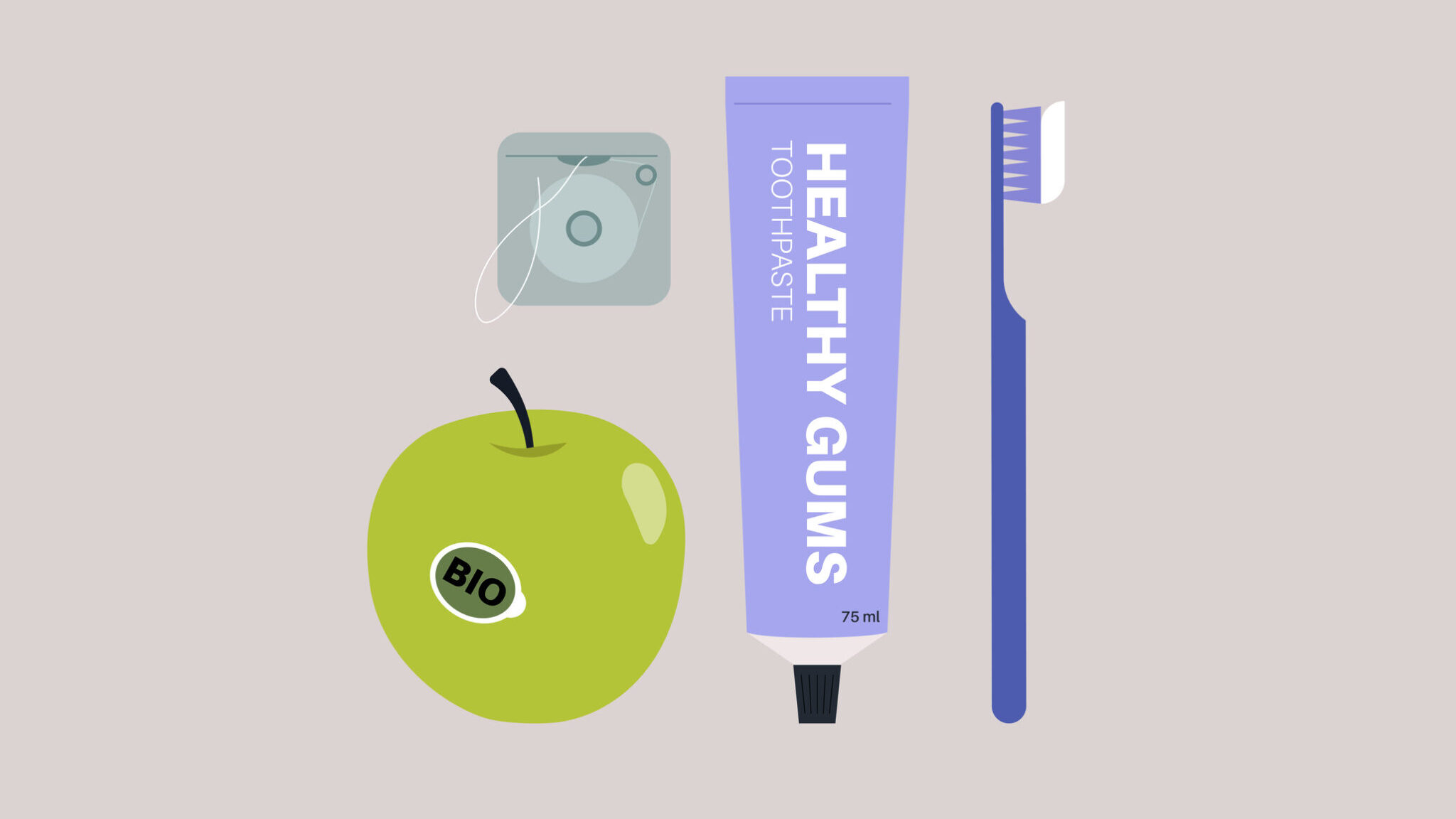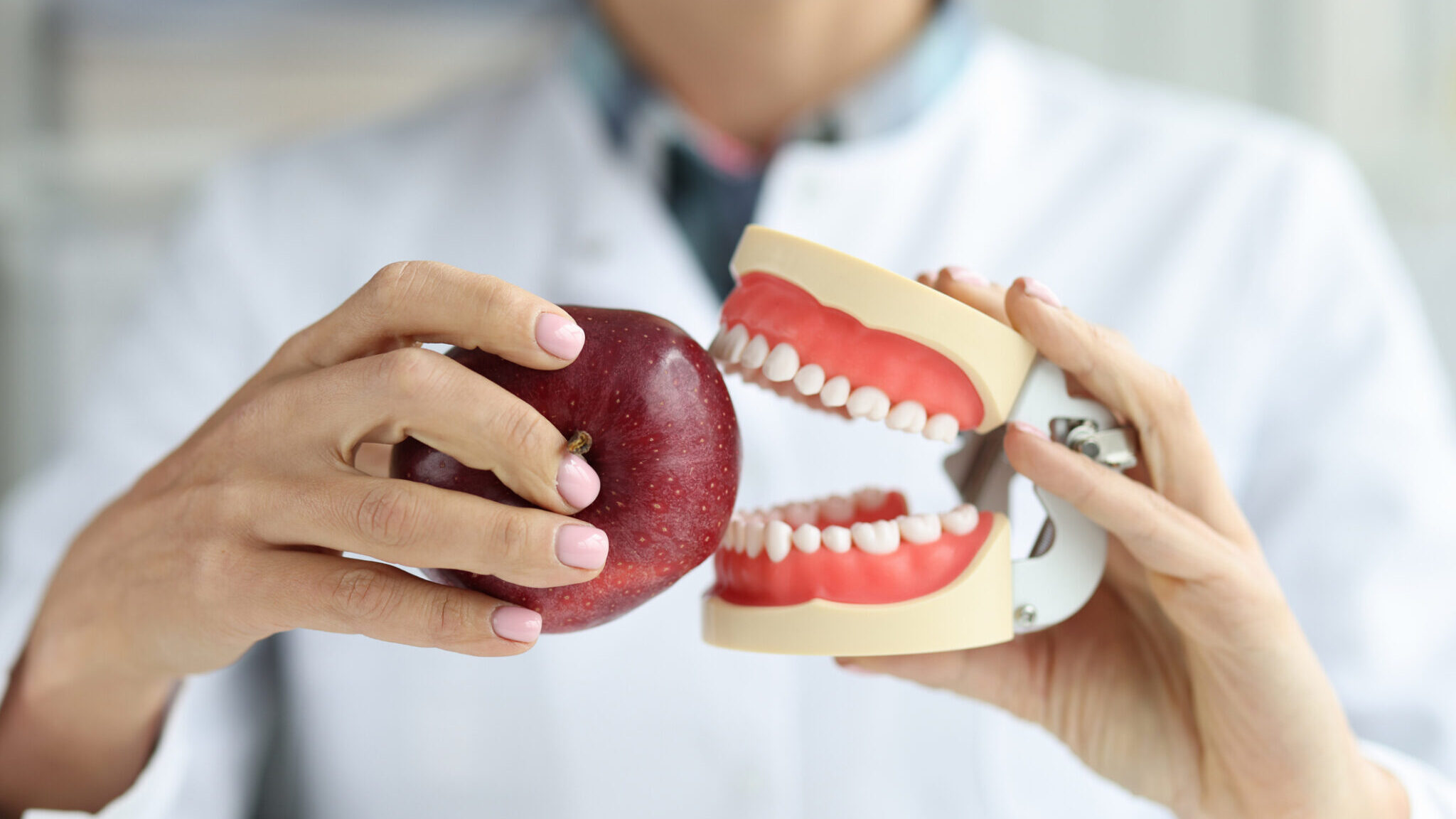![]()
Dr. Mirjan, of Mississauga, starts a blog about when (and if) wisdom teeth need to be removed. A simple explanation of the pros and cons.
Many people often ask the question: is wisdom teeth removalnecessary? Well, it might not be necessary if the teeth are healthy, fully grown, biting properly and positioned correctly. Also, they must be reachable when teeth are brushed daily, so they can be cleaned as part of a daily hygiene routine.
Most people today, however, are advised to remove their wisdom teeth, as early extraction will help to eliminate the problems associated with impacted wisdom teeth, the term “impacted” describes a tooth that cannot be fully seen in the mouth because it is covered by soft tissue or bone. This type of tooth may cause problems such as:
- Bacteria and plaque build-up
- Development of cysts
- Development of gum disease
- Tumor development, infection and jaw and gum disease
- Crowding of the mouth and pushing straight teeth out of alignment
By the age of eighteen, the average adult has 32 teeth; 16 teeth on the top and 16 teeth on the bottom. The wisdom teeth, also known as the third molars, are the last teeth at the very back of the mouth. When these teeth align properly and gum tissue is healthy, wisdom teeth do not have to be removed. Unfortunately, this does not always happen.
The average mouth is made to hold only 28 teeth. It can be painful when 32 teeth try to fit in a mouth that holds only 28 teeth. This is why in many cases it is important to remove the wisdom teeth.
When wisdom teeth are prevented from properly erupting within the mouth, then wisdom teeth removal becomes necessary. Erupting wisdom teeth can grow at various angles in the jaw, sometimes even horizontally. They may partially emerge from the gum and even remain trapped (impacted) beneath the gum and bone, completely hidden and trapped within the jaw. Impacted teeth may take many positions in the bone as they attempt to find a pathway that will allow them to erupt successfully.
When a wisdom tooth is partially trapped under the gums, this increases the chance of bacterial infections. Partially erupted wisdom teeth can also impact other teeth causing damage to the surrounding tissue and bone.
As with any surgical procedure, there are some associated risks with the removal of wisdom teeth. Common to all surgical procedures is some pain and post-operative swelling. Application of ice packs for the first 2 days will help prevent these complications. Occasionally, the roots of the wisdom teeth contact are in close proximity to the nerve that supplies the lower jaw. During extraction, the nerve may be disturbed resulting in a numbness of the lower lip, tongue or gum tissue on the affected side. In most cases, this is a temporary situation. Appropriate pain medications may be prescribed to minimize discomfort.
The removal of wisdom teeth is much simpler for younger patients than older patients as roots are not yet fully developed and bone is not as dense. As well, younger patients tend to heal more rapidly. The healing potential is highest prior to the age of thirty. To make the right decision regarding the removal of wisdom teeth, a dentist will first find out its position and health and what is best for every particular case.
Dr. Mirjan, of Mississauga, Ontario, is an experienced dentist in family and cosmetic dentistry. Offering high quality, full service, oral health care serving West Mississauga, East Oakville and Milton. Find contact information at http://www.dralimirjan.com.
For more on this article visit: www.http://www.prweb.com/releases/2013/9/prweb11146552.htm.












